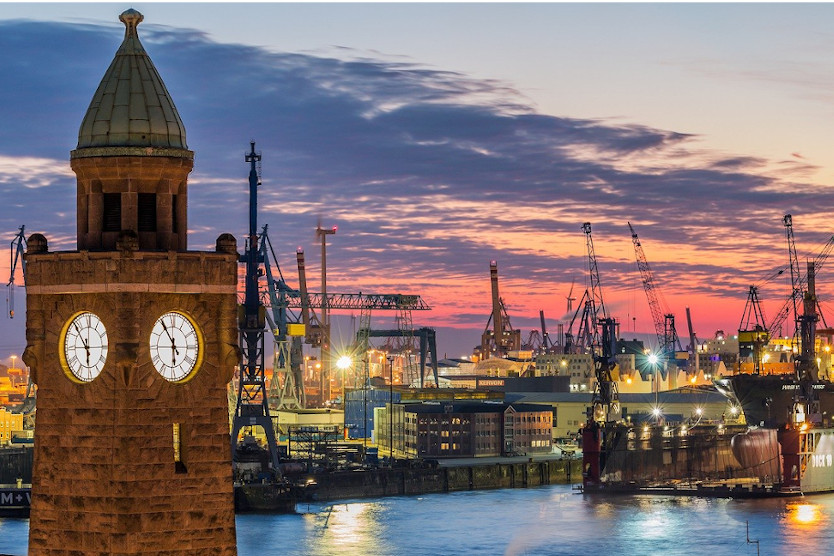
Using blockchain for energy trade might optimise energy supply management.
© pixabay
Renewable energy sources such as wind power, solar and green hydrogen form the central plank of Germany’s Energy Transition (Energiewende). But the turnaround will only be successful if innovative ICT solutions are found to ensure better energy efficiency and supply management, as well as storage solutions.
As part of the joint project ‘North German Energy Transition’ (NEW 4.0), the municipal energy supplier HAMBURG ENERGIE together with Ponton GmbH and other partners, have now successfully tested a market-based energy platform which enables rapid, flexible and secure regional trading of renewables. The platform has the potential to decentralise energy supply so that heavy commercial consumers of electricity can trade directly with the energy plants and even sell back surplus energy.
The first field test phase of NEW 4.0 was completed in December 2019 and automated the switching of industrial consumers (including TRIMET Aluminium SE, ArcelorMittal Hamburg GmbH and Aurubis AG) and producers of renewable energies via the platform.
The marketplace uses blockchain technology to prove the origin of the electricity and speed up transactions to ensure continuous trading and supply. Until now, electricity from renewables and surplus electricity from industrial plants could only be calculated imprecisely, meaning that trading is typically completed on average between half-an-hour and five minutes before delivery.
"It is great to see that our jointly-developed platform has already worked so excellently in the first practical test," says Onnen Heitmann, who heads up innovation and development at HAMBURG ENERGIE in a press release. The results are now being evaluated and a second field test is planned for the first quarter of 2020. The project is funded by the Federal Ministry of Economics as part of the ‘Shop Window Intelligent Energy’ (SINTEG) program.


